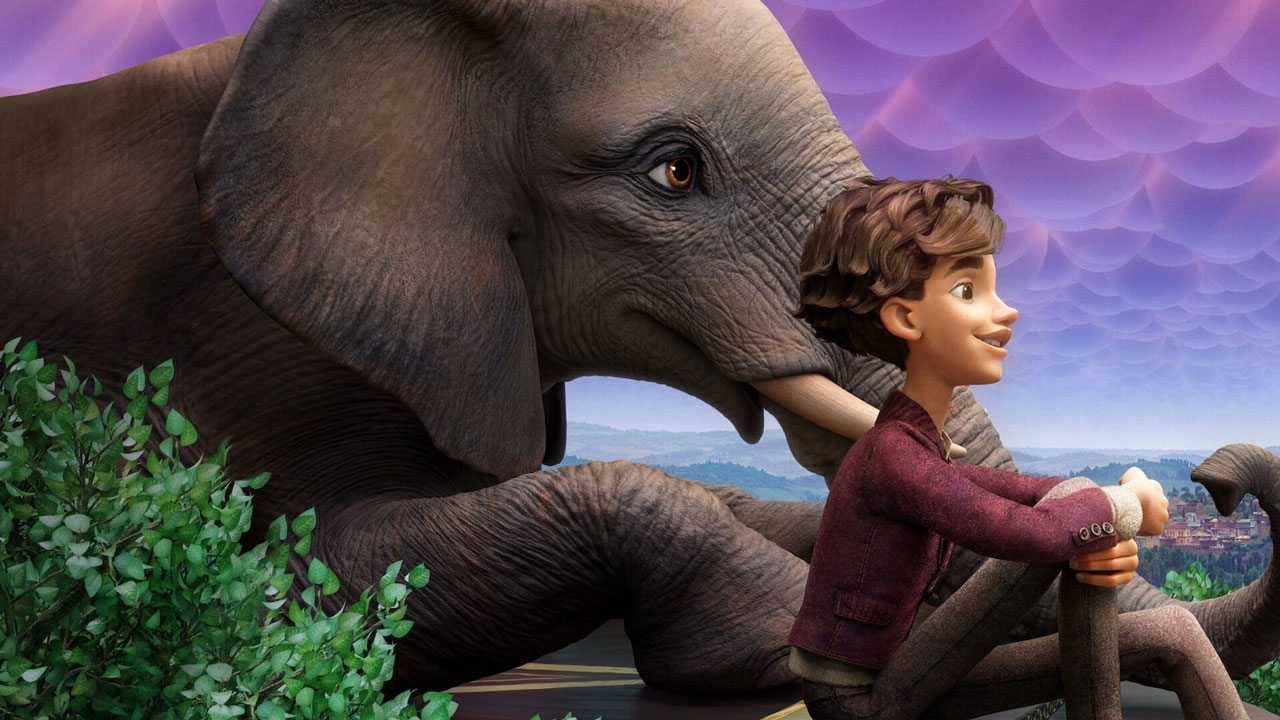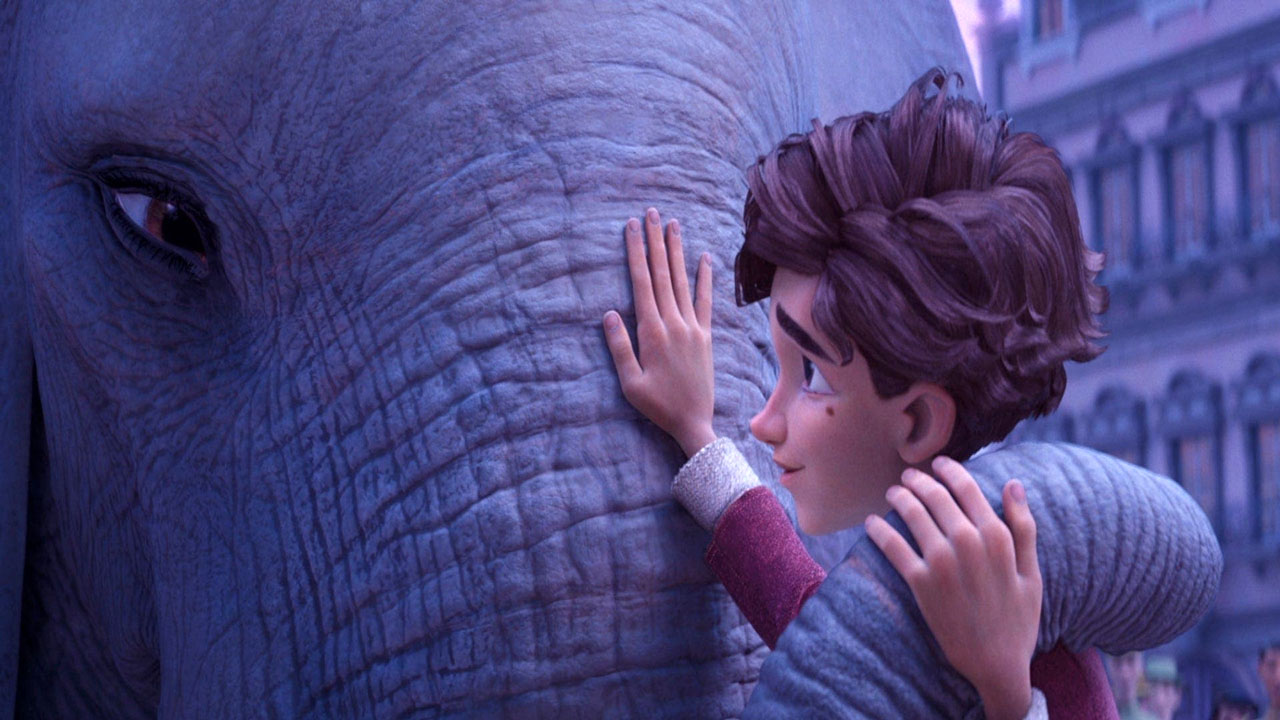The Magician’s Elephant is a Netflix-branded straight-to-video family film
The Magician’s Elephant aims to look like Arcane, but only got 40% of the way there.

Family film The Magician’s Elephant has just arrived on Netflix. As Liam Maguren writes, it’s the kind of ho-hum feature more in line with straight-to-video entertainment of the VHS era than a memorable movie experience for kids.
The VHS era churned out a landfill-clogging number of straight-to-video animated films, most of which lacked the budget and inspiration that made their big-screen counterparts memorable to the kids who grew up with them. The divide was never clearer than with Disney’s shovelware sequels. I could bore you with a list of examples, but just look at this intro for The Lion King then watch this intro for The Lion King 2: Simba’s Pride. Even if you don’t quite notice the difference, you certainly felt the difference, like reading your favourite book rewritten by ChatGPT.
That’s what it feels like to watch The Magician’s Elephant, the latest Netflix original family film which adapts Kate DiCamillo’s book about orphan boy Peter’s search for his missing sister. In a very Jack and the Beanstalk move, Peter gives up his only coin to a fortune teller (also the film’s narrator) who claims she can answer any question—but only one question.
He asks: how do I find my sister? She replies: find the elephant. Nice one, Pete. Still, with his dogged persistence and a hearty number of script conveniences, he has a shot at seeing this prediction through.
In this vaguely Victorian world, magic works by the power of self-belief and sometimes saying “abracadabra.” But most people have lost that belief, including the titular magician (voiced by Benedict Wong) whose insecurities cause him to accidentally summon the titular elephant on top of a helpless elderly woman.
Existing only to serve the premise, this undercooked idea of magic is just one of the many story elements that beg to either be explored further or jettisoned entirely. There’s also a war that’s only briefly touched on and mounting monarchial tensions that don’t amount to much.
And that’s a shame, given Aasif Mandvi voices the film’s most memorable character: an over-stimulated king who cares more about being entertained than ruling a kingdom. He possesses the elephant that Peter wants but foregoes any kind of sympathy (for the orphan and the chained-up creature), choosing instead to make the boy pull off impossible tasks for his amusement in exchange for the poor animal.
With his happy-go-lucky grin and amusing moments of ignorance—”I’m still king, right? I didn’t miss a coup or something?”—the king makes for an original antagonist. Just don’t expect the film to resolve the fact he’s unfit to govern a city.
Beyond the king, the characters leave a lot to be desired—both in the writing and their design. While by no means ugly-looking, the human characters’ cartoony features are never quite exaggerated enough while the regal costuming doesn’t make the most of the era it’s evoking. The mixed bag of emotive performances mirrors this drab visual mid-zone—some facial expressions hit their mark while others look like they’ve been copy-pasted from previous scenes.
To put it another way, The Magician’s Elephant aims to look like Arcane, but only got 40% of the way there.

The film achieves a number of lovely visual touches, though. Tiny details, like the subtle paint strokes that make up a character’s eye, hint at what could have been possible if taken much further. And although there’s nothing creatively inspired behind the architecture of the city, it’s surrounded by a neat ping-pong ball sky and backgrounds slightly resembling traditional matte paintings. If nothing else, the place leaves an impression.
That’s ultimately why The Magician’s Elephant feels like a modern-day straight-to-video family movie: there’s enough here to hint at a better film, but lacking plenty to distance it from the memorable ones. You could argue that it suits a straight-to-streaming release, and there’s merit to that, but it certainly isn’t up to the standard of some other Netflix family hits like The Sea Beast or Klaus.
And while it parades a lovely boy-elephant friendship capped with an admirable message—your supposed “destiny” might not be as important as doing the right thing—it has no faith in its young audience’s ability to follow its simple narrative. This distrust is on full display whenever the narrator barges in to explain what’s happening on screen. Call me a loon, but if you cut to a new day with a shot of the same king ready to deliver a new impossible task, a child won’t need someone to say: “A new day, a new impossible task, and the same impossible king.”






















